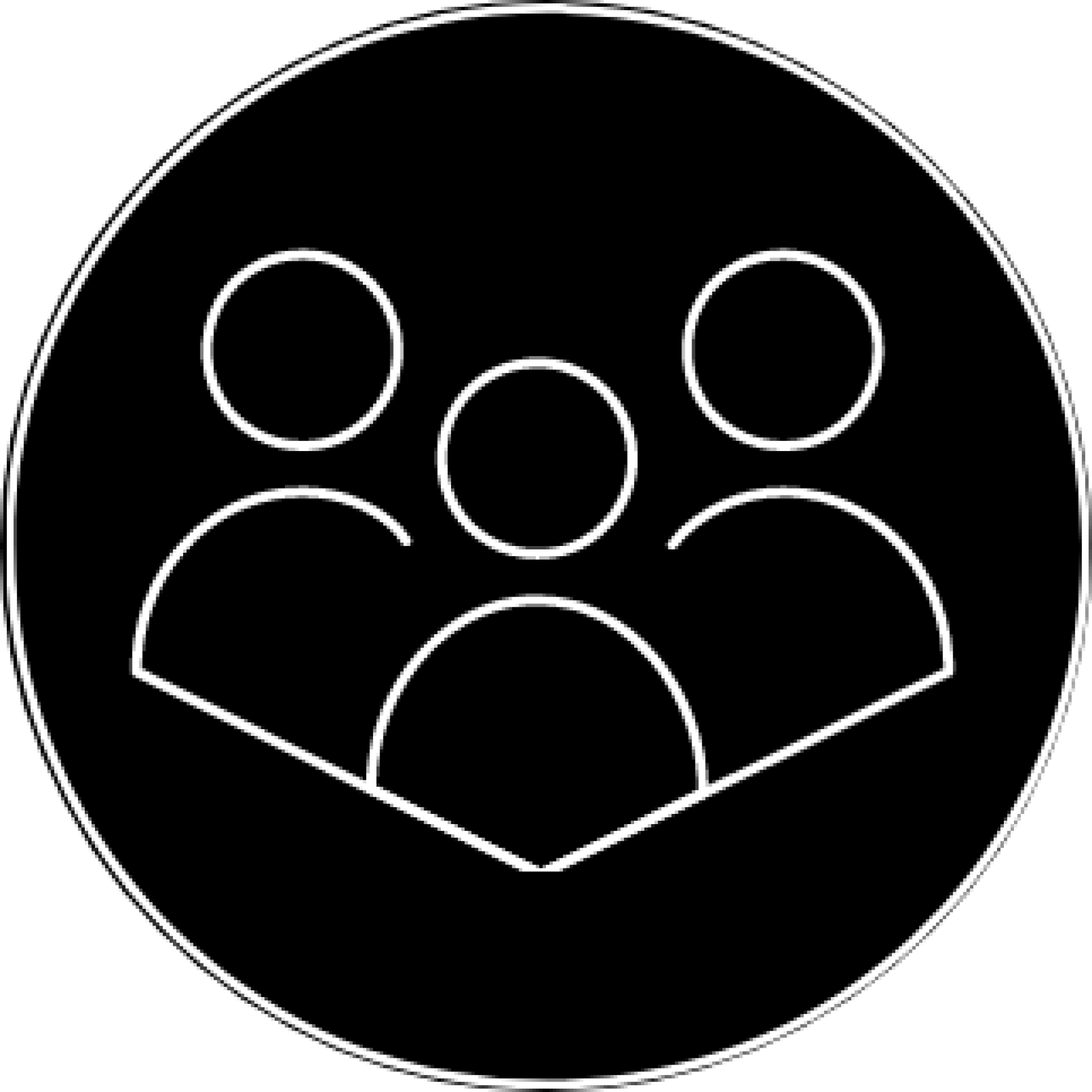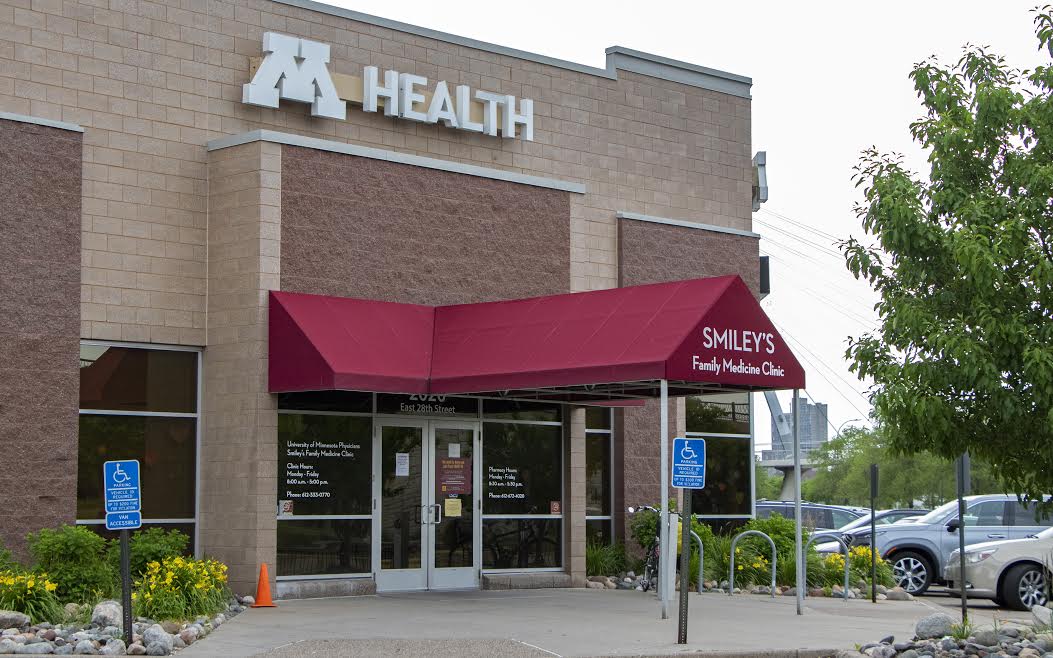Improving accessibility to resources begins with systemic issues in healthcare.
By Donna Baeck
COVID-19 is challenging for any community. When combined with racial and ethnic disparities, the challenge can become a chronic problem.
Dr. Rebekah Pratt, an assistant professor in the Department of Family Medicine and Community Health, and her colleagues at the University of Minnesota-Twin Cities are aiming at that dynamic. With a grant from the Medical School, the team is expanding COVID-19 contact tracing and vaccine awareness to the Somali community in Minneapolis, where language and other cultural factors can create barriers to accessing resources during the pandemic.
“My personal concern is that COVID is going to turn into a long-term health disparities issue, and we’re going to have to keep at it in the communities that have been disproportionately affected for quite a long time. We need to be ready to do that work,” Dr. Pratt said.
Dr. Pratt’s research is one of eight projects funded by Rapid Response Grants to support small scalable projects aimed at reducing racial and ethnic disparities in healthcare.
Some of the other projects are focusing on access to mental health services and assessing gender and racial disparities in health professions. Other projects are also looking into COVID-19 risk factors and the potential impact of implicit bias on COVID-19 mortality rates.
The team has been partnering with M Health Fairview Clinic – Smiley’s in Minneapolis, an established and trusted health clinic within the Somali community. The project is working with Somali speakers to reach out to individuals who tested positive about contact tracing and how to quarantine.
Dr. Abdifatah Haji, a member of the Somali community, is working with Dr. Pratt to help communicate between the project and the community. One of his main roles has been to begin contact tracing by calling people in the Somali community who have tested positive at Smiley’s or elsewhere in the M Health Fairview system.
Haji said the responses to the phone calls have been mixed. Many people who tested positive and showed symptoms said the calls were helpful; others said they had tested positive weeks ago and already recovered, but never got a follow-up call near the time of their test result.
Other challenges include not having enough data about ethnicity in the health system. It has been difficult for the research team to differentiate what parts of the population have been impacted which has been an ongoing challenge in addressing COVID-19, Dr. Pratt said.
Even if someone is not reached in time, Dr. Pratt said connecting with that person is still an opportunity to open up a conversation about COVID-19 safety and how to quarantine.
The next steps for the project also include educating the community about the COVID-19 vaccines that will become more widely available to the general public soon. The research team is hoping to address any skepticism surrounding the vaccines and to encourage people to opt for them.
Haji said there has been a spread of misinformation about the vaccine within the younger generation in the Somali community in Minneapolis. Past experiences with racism in the healthcare system make it difficult for members in the community to trust the vaccine, he said.
People are more comfortable receiving the vaccine if they see local influencers and healthcare workers getting vaccinated themselves. Others also said they would feel less hesitant if they saw someone they knew get vaccinated in person, Haji said.
Katie Reget, the grant coordinator for the project, said the work of identifying barriers is just the first step toward building a more responsive healthcare system with culturally inclusive approaches.
“I hope with the work of the Rapid Response Grant and what’s coming out of Smiley’s clinic that we are positively contributing to a system that greater identifies what those barriers are to healthcare and that we can modify those systems to help make healthcare access greater,” Reget said.

